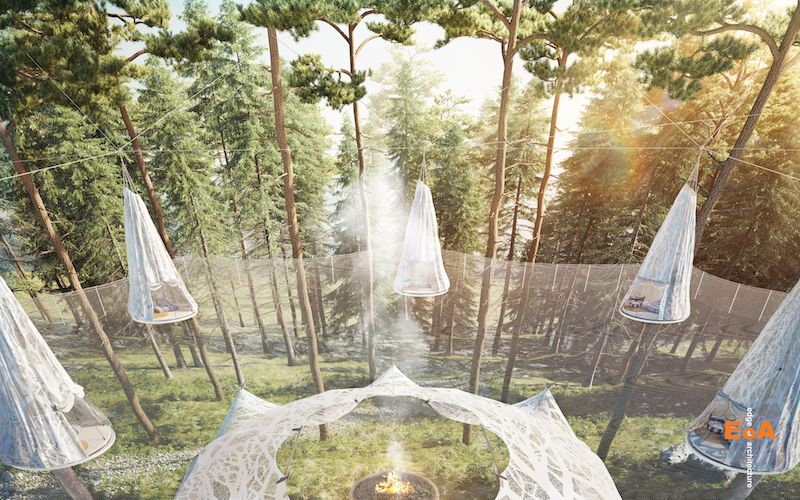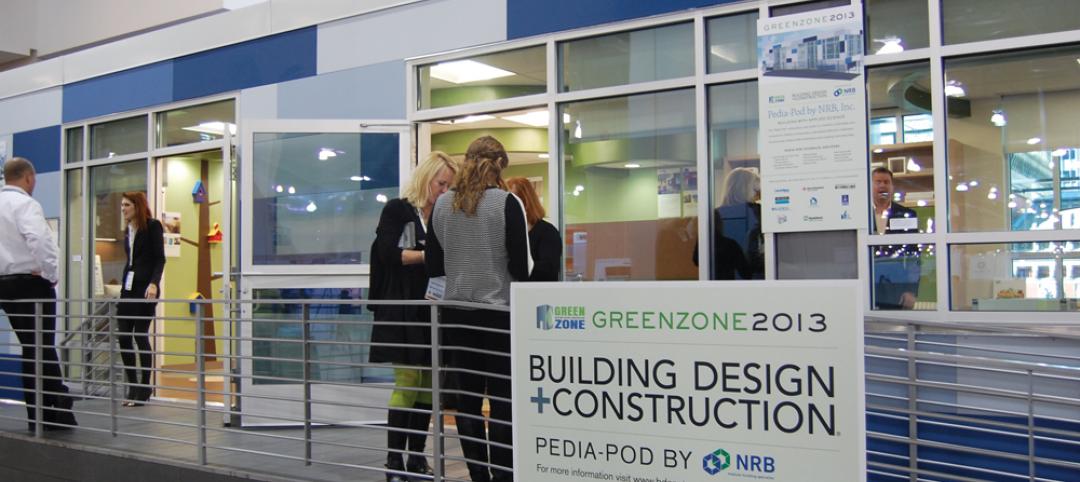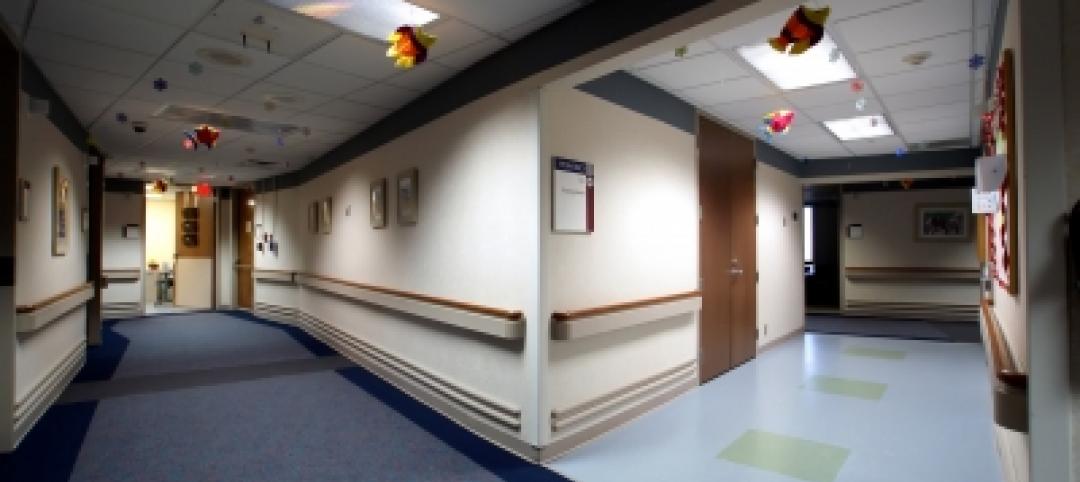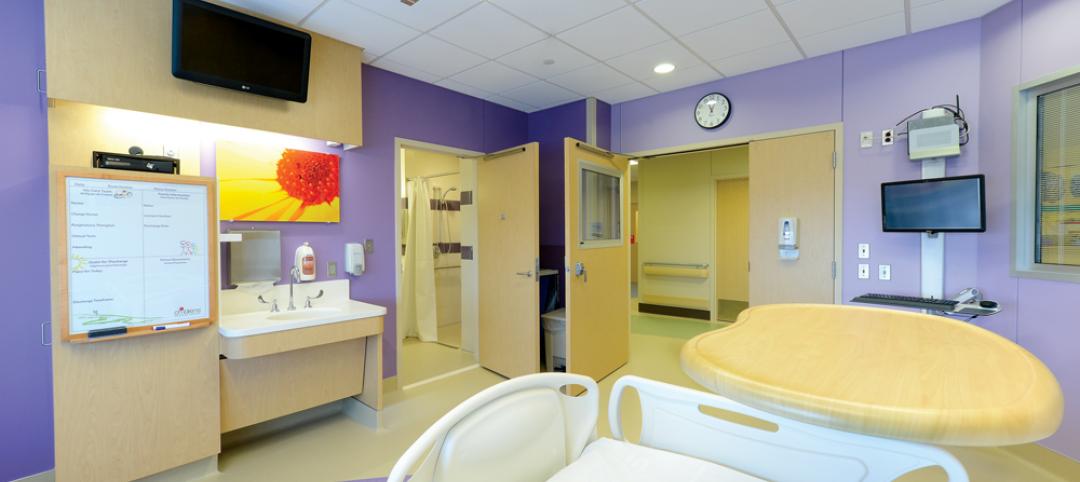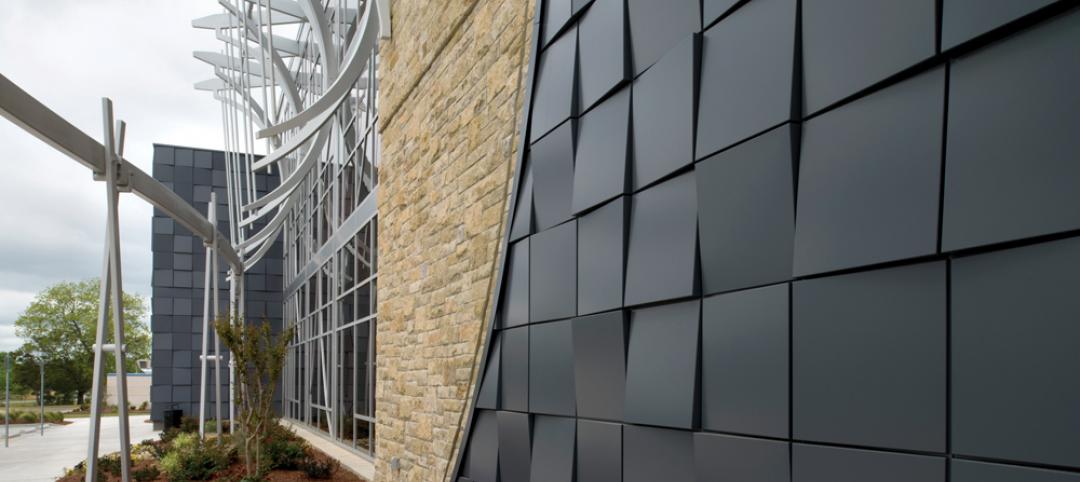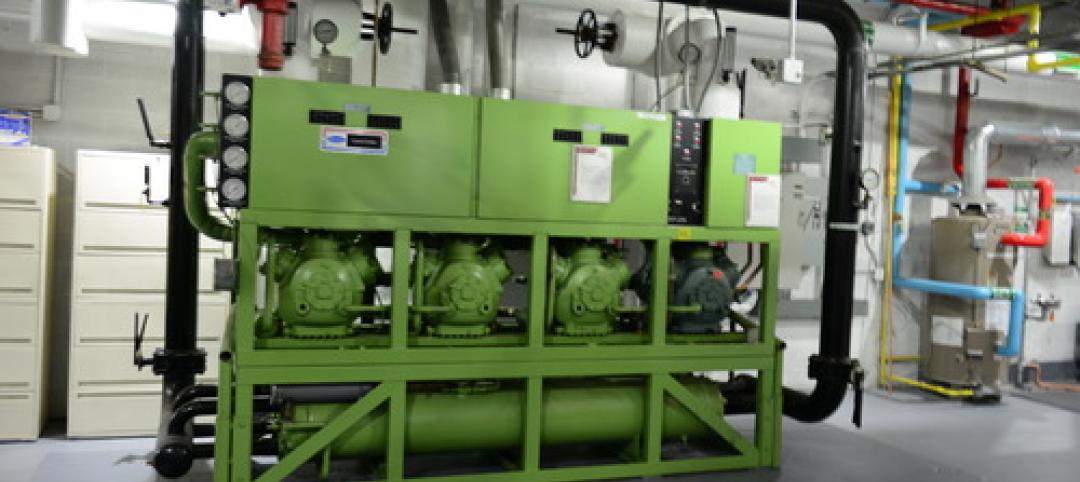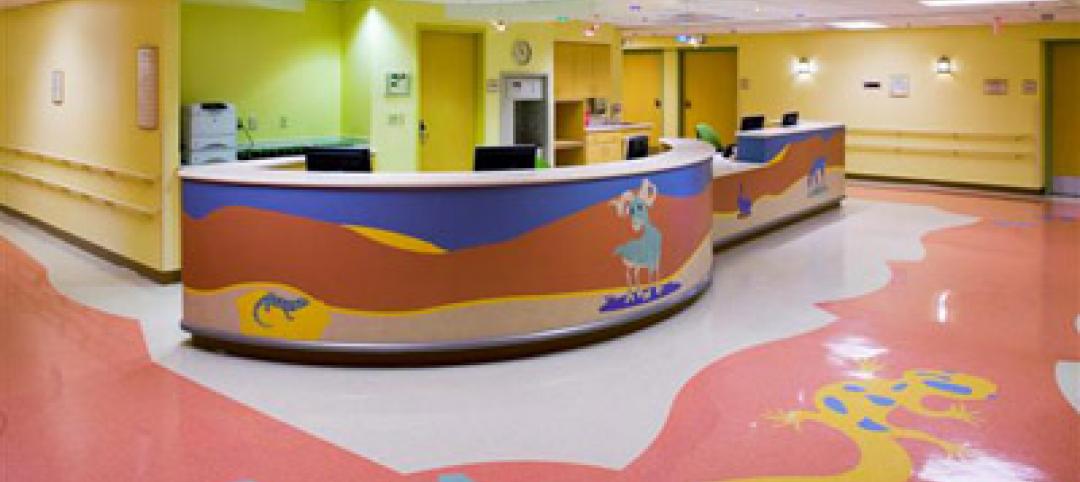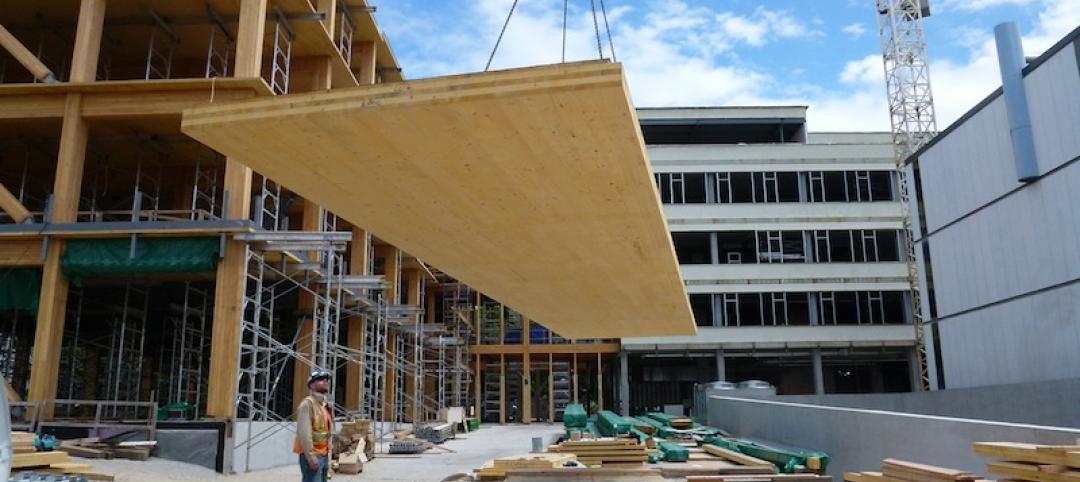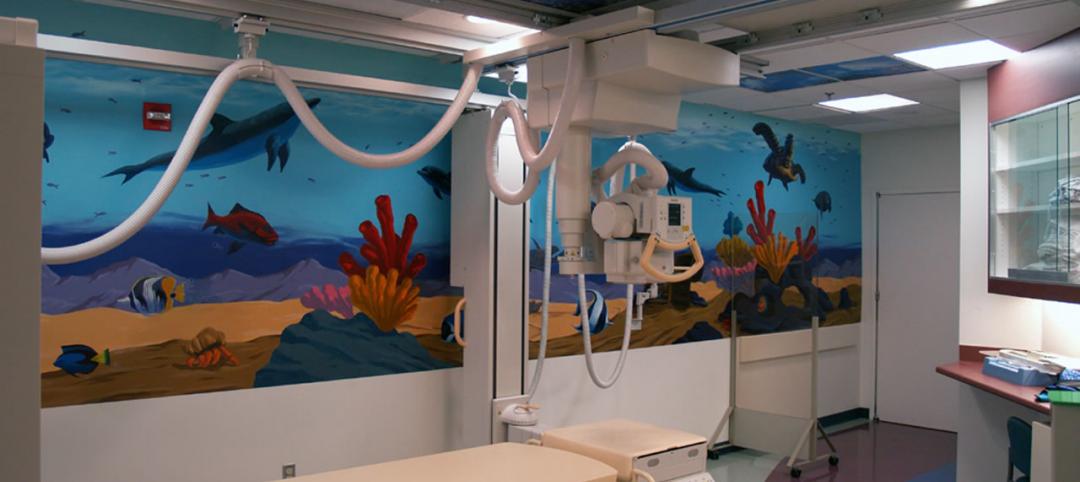A hotel resort that’s essentially an elaborate tree house was the winner of this year’s Radical Innovation Award, which was presented at a ceremony in New York City on Oct. 4.
The five finalists that competed for the award had been chosen from more than 65 international entries. This 11th annual competition, which is produced by The John Hardy Group, challenges the hotel industry to elevate the guest experience through new ideas in design and operations.
This year’s winner, Living The Till, submitted by the Coral Gables, Fla.-based architectural firm EoA Inc., is a treetop resort concept that would allow for seasonal inhabitation in remote areas.
The concept, according to EoA, is inspired by the air plant Tillandsia, which “lives in harmony with a host tree.” The Till is conceived as a temporary nomadic structure that can be assembled and taken down in pristine, covered areas by a small team of climbers using simple tools. The environment wouldn’t be impacted negatively by the construction or deconstruction.
“Ultimately the Till is for people who passionate embrace nature,” stated EoA, which compared the concept to camping “on a hovering, transparent magic carpet.”

This year's award winning concept, Living the Till, can be built by tree climbers with simple tools, and without disrupting the environment. Image: EoA Inc.
John Hardy, CEO and President of The John Hardy Group, said this project “was perhaps the most serene of entries—the escape it provides is both rare and welcomed in a fast-paced modern world.”
Hardy was among the competition’s jurors, a group of hotel insiders who also included Michael Medzigian, Chairman and Managing Partner of Watermark Capital Partners; Jena Thornton, LEED AP, Managing Director of Magnetic ERV; Simon Turner, Managing Director of Alpha Lodging Partners; James Woods, head of WeLive, WeWork’s common living division; Wing Chao, Founder, Wing T. Chao Global Advisors; and Claude Amar, Managing Director, The John Hardy Group International.
The grand-prize winner received $10,000 to develop the concept. The runner up, which got $5,000, was a concept called Play Design Hotel, submitted by Taipei, Taiwan-based Play Design Hotel. The concept is conceived as an inhabitable design galley that functions as an incubator and living lab for designers.
The student winner—which received $1,500 and an opportunity to pursue a scholarship at the University of Nevada Las Vegas to complete a Master’s Degree in hospitality design—is Brandon Siebrecht for his Hyperloop Hotel, which uses customizable shipping containers that double as suites, where guests can travel and dock at one of 13 locations in the U.S., and manage their experience via an app.
Related Stories
| Dec 10, 2013
Modular Pedia-Pod: Sustainability in healthcare construction [slideshow]
Greenbuild 2013 in Philadelphia was the site of a unique display—Pedia-Pod, a modular pediatric treatment room designed and built by NRB, in collaboration with the editors of Building Design+Construction, SGC Horizon LLC, and their team of medical design consultants.
| Dec 3, 2013
Creating a healthcare capital project plan: The truth behind the numbers
When setting up a capital project plan, it's one thing to have the data, but quite another to have the knowledge of the process.
| Nov 27, 2013
Pediatric hospitals improve care with flexible, age-sensitive design
Pediatric hospitals face many of the same concerns as their adult counterparts. Inpatient bed demand is declining, outpatient visits are soaring, and there is a higher level of focus on prevention and reduced readmissions.
| Nov 27, 2013
Exclusive survey: Revenues increased at nearly half of AEC firms in 2013
Forty-six percent of the respondents to an exclusive BD+C survey of AEC professionals reported that revenues had increased this year compared to 2012, with another 24.2% saying cash flow had stayed the same.
| Nov 27, 2013
Wonder walls: 13 choices for the building envelope
BD+C editors present a roundup of the latest technologies and applications in exterior wall systems, from a tapered metal wall installation in Oklahoma to a textured precast concrete solution in North Carolina.
| Nov 26, 2013
Construction costs rise for 22nd straight month in November
Construction costs in North America rose for the 22nd consecutive month in November as labor costs continued to increase, amid growing industry concern over the tight availability of skilled workers.
| Nov 25, 2013
Building Teams need to help owners avoid 'operational stray'
"Operational stray" occurs when a building’s MEP systems don’t work the way they should. Even the most well-designed and constructed building can stray from perfection—and that can cost the owner a ton in unnecessary utility costs. But help is on the way.
| Nov 19, 2013
Pediatric design in an adult hospital setting
Freestanding pediatric facilities have operational and physical characteristics that differ from those of adult facilities.
| Nov 19, 2013
Top 10 green building products for 2014
Assa Abloy's power-over-ethernet access-control locks and Schüco's retrofit façade system are among the products to make BuildingGreen Inc.'s annual Top-10 Green Building Products list.
| Nov 18, 2013
6 checkpoints when designing a pediatric healthcare unit
As more time and money is devoted to neonatal and pediatric research, evidence-based design is playing an increasingly crucial role in the development of healthcare facilities for children. Here are six important factors AEC firms should consider when designing pediatric healthcare facilities.


